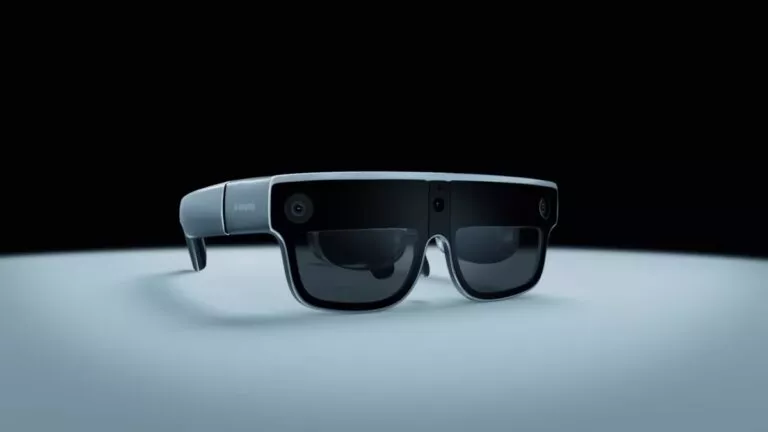Google Claims To Have Achieved “Quantum Supremacy”

According to a report by the Financial Times, a paper published by a Google researcher claims to have achieved Quantum Supremacy. If it turns out to be true, would be of the biggest breakthroughs of our generation.
A piece of big news regarding the potentially-breakthrough achievement in the field of quantum computing was published on NASA’s website. However, it was taken down, the report suggests.
Quantum Supremacy is defined as the “potential ability of quantum computing devices to solve problems that normal computers simply can’t.”
To give you an idea, per Google’s research paper, the quantum computer solved a problem in 3 minutes 20 seconds which even the world’s fastest computer would take 10,000 years to solve.
The performance measurement of quantum computers is in Qubits. In normal computers a bit can be either a 0 or 1 at a given time. In quantum computers, the Qubit can be both 0 and 1.
Google plans to make a 72-qubit quantum computer known as Bristlecone. However, the report claims that this was a 53-qubit computer. Thus it is hard to imagine what an even more powerful quantum computer is capable of.
Why Google Quantum Supremacy Is Impressive
Building and operating a quantum computer is a difficult task. The same was explained in a 2003 scientific paper by Ross Anderson and Rob Brady.
In other words, a qubit is made up of an electron or the single nucleus of a phosphorus atom. A quantum computer regulates or changes these quantum systems containing atomic and sub-atomic particles. Instead of using transistors to form a logic gate, quantum computers manipulate these systems to establish an algorithm.
Now the problem is that everything is in entropy (a state of constant movement on an atomic scale), and resists to be controlled. This is why it is difficult to make a quantum computer work for an extended amount of time.
The process of losing the quantum information of interaction between subatomic particles is known as Decoherence, and a quantum computer needs the opposite of it, known as Coherence, to work.
This also explains why quantum computers need an ultra-low freezing temperature facilitated by liquid nitrogen to work. Entropy decreases as temperature decreases, meaning atoms and subatomic particles move less, making the operation to cause controlled interactions between them easier.
Even the most powerful supercomputers of today aren’t able to solve complex problems as quickly as a quantum computer can potentially do. The main application of quantum computing is in treating deadly diseases by finding out protein structure via molecule modeling. Figuring out accurate weather for the coming weeks or months and a lot more. Thus Google deserves a lot of props for this achievement if it’s true.
There hasn’t been an official announcement of acknowledgment from Google’s side regarding any quantum supremacy. When Intel’s director of hardware quantum computing was asked about this whole situation, he said Google’s achievement is a “mile marker.” He went on to state that achieving commercially viable quantum computing will require improvements in several areas of technology.
Can We Use A Quantum Computer?
Right now, quantum computers are mostly used by scientific researchers. And Google isn’t the only one with quantum computing ambitions. IBM also has a working 53-qubit quantum computer, which the company will reveal next month.
IBM will allow the use of this computer via the cloud. According to MIT Technology Review, the company has been allowing the use of its quantum computers via cloud since 2016. Other companies like Canada’s D-wave and Rigetti computing are also meant to follow suit. All this is being done to achieve quantum computing.
Also Read: This Quantum Computer Can See 16 Versions Of Future & It’s (Dr.) Strange






